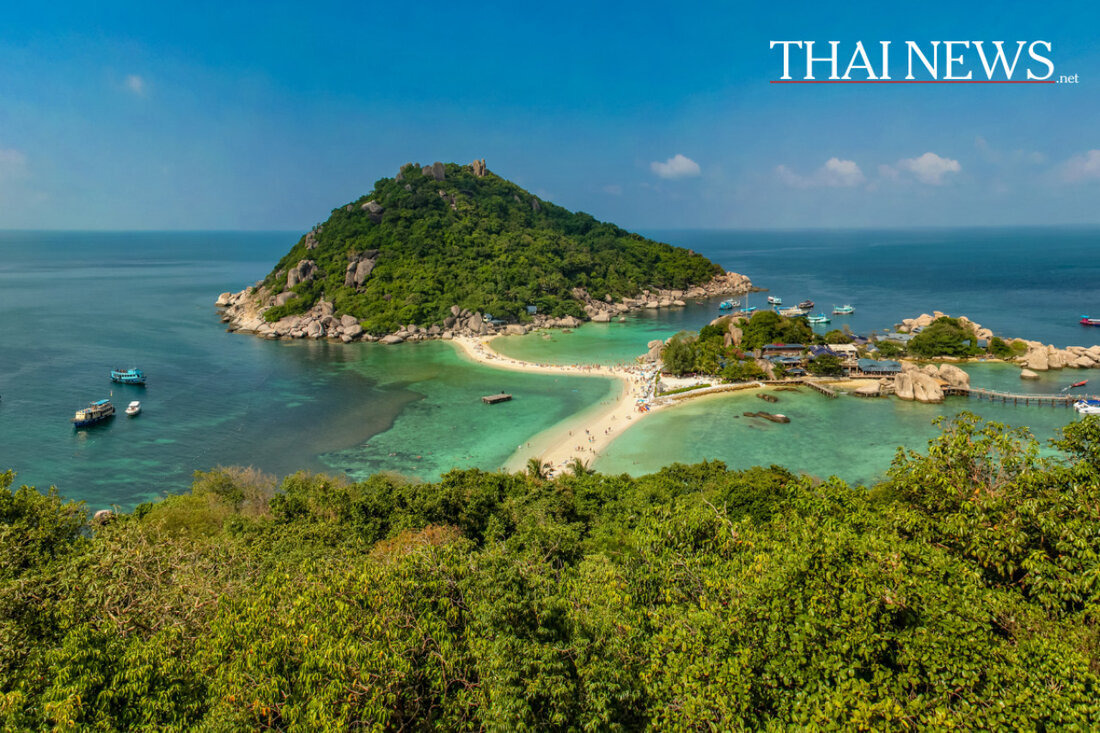Thailand becomes MICE hotspot: South Korea relies on cooperation!
Thailand will become the second largest MICE market in ASEAN in 2025. KTO supports incentives in South Korea for sustainable growth.

Thailand becomes MICE hotspot: South Korea relies on cooperation!
Thailand has established itself as the second largest MICE (Meetings, Incentives, Conventions, Exhibitions) market in ASEAN, just behind Vietnam. This is highlighted by the Korea Tourism Organization (KTO) in a comprehensive report highlighting Thailand not only as a market but also as a long-term strategic growth partner in the MICE industry. Within this framework, the KTO has initiated a new incentive support program that will become active in the second half of 2025. This program is particularly aimed at companies that want to enjoy special incentives when they visit Gyeongju and North Gyeongsang Province, where the 2025 APEC Summit will be hosted.
Support includes a wide range of services tailored to the needs of MICE groups. For example, gala dinners, team building activities and transport options via charter buses are offered. Particularly interesting in terms of cultural aspects are the K-pop stands and K-food trucks, which are designed to give guests a taste of Korean culture. Additionally, groups participating in this program can also receive support in producing travel videos. According to Nation Thailand, Thai tourist arrivals in South Korea have performed well since May, with a monthly increase of about 5%.
Strong increase in Thai visitors to South Korea
In 2019, about 570,000 Thai travelers visited South Korea, while 1.89 million South Koreans visited Thailand during the same period. After the restrictions during the pandemic, the numbers have taken off. An almost complete comeback in numbers is forecast for 2024: 1.87 million South Koreans traveled to Thailand and about 320,000 Thais visited South Korea - about 60% of 2019 levels. [GMA News also reports that the KTO is working with relevant authorities to facilitate travel for Thai tourists through the Korea Electronic Travel Authorization (K-ETA) and to optimize entry processes.
Additionally, the KTO has launched other initiatives to boost MICE tourism, particularly in the run-up to the upcoming APEC summit in Gyeongju. A MICE roadshow in Manila and Cebu was successfully completed in June 2025. In total, over 400 participants attended these events, which were held at prominent hotels such as the Fairmont Makati and the Radisson Blu. In Travel and Tour World, cooperation between Korean and Filipino tourism professionals is highlighted as considered crucial to positioning South Korea as a top destination for international MICE events.
Cultural integration as a central component
A particular focus is on Korean culture, which is considered a central element of KTO's MICE strategy. Aspects such as K-pop concerts, Korean cuisine and cultural workshops will be integrated into business events, which is expected to increase companies' interest in South Korea as a MICE destination. These strategic moves also result in South Korea hosting over 243 international conferences in 2024 and welcoming at least 10,000 MICE travelers from the Philippines.
The KTO is optimistic about future MICE initiatives and collaboration with various partners to further promote tourism and economic growth. Manila and Cebu in particular are proving to be important markets that will serve as a springboard for MICE tourism to South Korea. With a clear plan to highlight South Korea's advantages as a safe and seamless travel destination, it remains to be seen how the MICE industry will evolve in the coming months.

 Suche
Suche
 Mein Konto
Mein Konto
